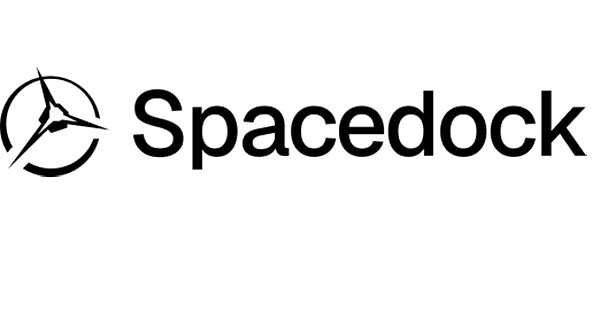ASHA Offers Tips for Parents and Caregivers
ROCKVILLE, Md., Oct. 27, 2025 /PRNewswire/ — Trick-or-treating is a favorite Halloween ritual, but for children who have speech or language disorders, participating in this tradition can be difficult. With the holiday fast approaching, the American Speech-Language-Hearing Association (ASHA) is sharing steps that families can take to help their children enjoy Halloween.
“A lot of communication pressure is involved in this holiday pastime, especially for children with speech or language disorders,” explains ASHA 2025 President Bernadette Mayfield-Clarke, PhD, CCC-SLP.
“Saying ‘trick or treat’ doorstep after doorstep, answering questions about costumes or candy preferences, and having conversations with unfamiliar adults can be challenging or even scary. Some children stutter and may need extra time to talk. Other children may not communicate verbally. With a little preparation, children can feel more confident and have a positive experience.”
ASHA offers these tips to parents and caregivers of children with speech or language disorders:
- Practice key phrases. In the days leading up to Halloween, rehearse common phrases like “trick or treat” and “thank you.” Practice answers to questions like “Who are you dressed up as?”
- Use visual supports. Consider bringing a small card or sign that says, “trick or treat” and “thank you.” This gives a clear cue and helps your child participate. Some families also bring a short note that explains their child’s communication method. It helps others understand and respond kindly.
- Get their AAC device ready. If your child uses an augmentative and alternative communication (AAC) device, model and practice words or messages beforehand that they may need for trick-or-treating. Many devices will have Halloween vocabulary programmed in already. Your child’s speech-language pathologist (SLP) can help.
- Head out early. Trick-or-treat before it gets dark. When there are fewer kids out, your child may not feel as rushed to respond. This can make the experience calmer and less stressful. Plus, it will be easier for everyone to see and understand your child’s nonverbal communication or AAC device.
- Inform neighbors in advance. Let them know how they can respond positively to your child. Prioritize visiting households that you know will be supportive.
- Discuss plans with your child. Many kids find comfort in knowing what to expect. Talk about where you will be trick-or-treating, who you will be going with, and how the evening will unfold overall. Let them know what you need from them (e.g., to stay with you or their group, to not cross the street without you, etc.).
- Come up with a signal for trouble. If your child could get scared by spooky décor or costumes—or bothered by loud noises, flashing lights, or animatronics—come up with an agreed-upon signal or word that they can use to communicate quickly to you that they want to leave.
- Encourage peer support. Remind siblings and friends to give your child a little extra time. It’s easy for other kids to get caught up in the excitement of the evening.
- Keep plans flexible. Some children may be done after visiting just a few houses, especially if it takes a lot of extra effort for them to communicate. Try to have realistic expectations. Have a backup plan for siblings and friends if you need to end the evening and head back with your child earlier than expected.
Mayfield-Clarke also stresses the importance of community acceptance and support.
“We encourage everyone to be patient and understanding when kids come to their doors,” she says. “Not every child will say ‘trick or treat’ or ‘thank you.’ If a child doesn’t respond as you expect them to, stay positive. Don’t insist on a verbal response before giving them candy. Not all kids communicate easily—or in the same way. Give them the benefit of the doubt—because Halloween should be fun for everyone.”
For more information and resources on supporting children with speech and language disorders, visit www.asha.org/public.
About the American Speech-Language-Hearing Association (ASHA)
ASHA is the national professional, scientific, and credentialing association for 241,000 members, certificate holders, and affiliates who are audiologists; speech-language pathologists; speech, language, and hearing scientists; audiology and speech-language pathology assistants; and students. Audiologists specialize in preventing and assessing hearing and balance disorders as well as providing audiologic treatment, including hearing aids. Speech-language pathologists (SLPs) identify, assess, and treat speech, language, and swallowing disorders. www.asha.org
Contact:
Francine Pierson
1-301-296-8715
[email protected]
SOURCE American Speech-Language-Hearing Association (ASHA)




